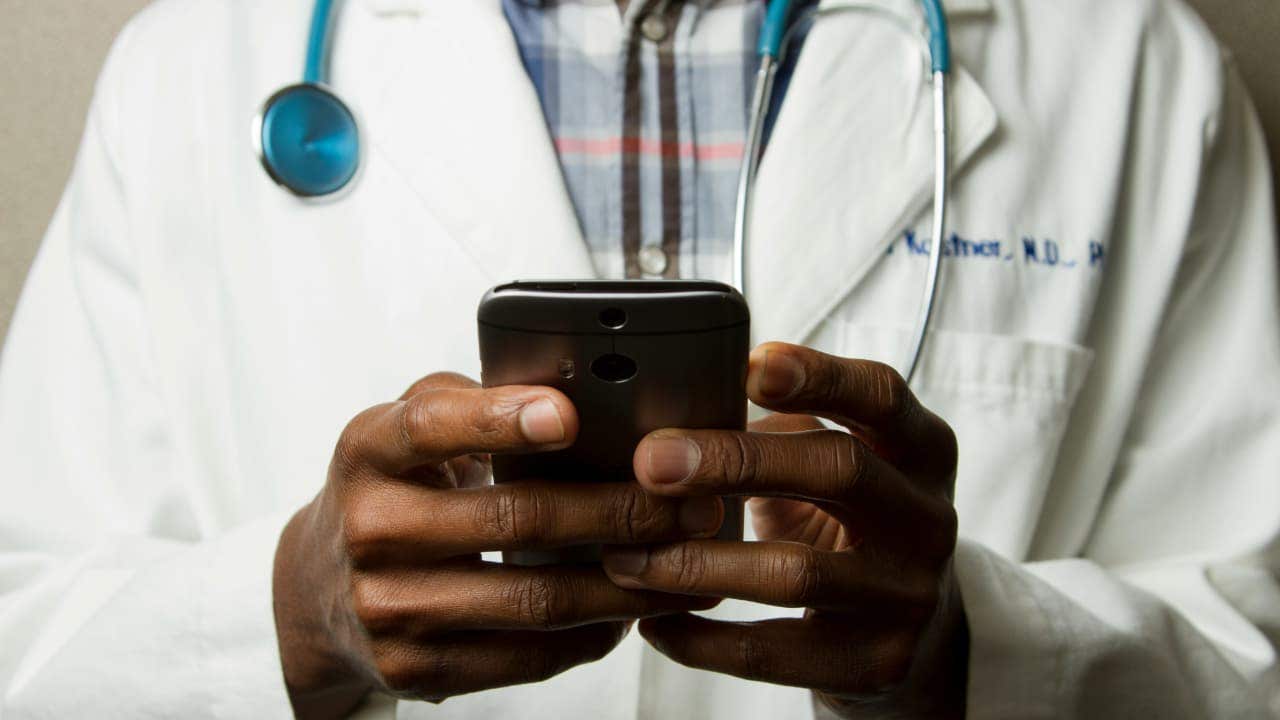Major Healthcare Data Breach Exposes 5.5 Million Patients’ Sensitive Information
A massive healthcare data breach has compromised the personal and medical records of approximately 5.5 million patients, marking one of the largest security incidents in the sector this year. The breach, discovered last week, originated from a cyberattack on a major healthcare provider’s digital infrastructure. Experts warn that exposed data includes Social Security numbers, medical histories, and financial details, raising alarms about identity theft and fraud risks.
How the Breach Occurred and What Data Was Compromised
Preliminary investigations suggest hackers exploited a vulnerability in the provider’s third-party billing software, gaining unauthorized access to sensitive databases. Cybersecurity firm DarkTrace Analytics confirmed the attackers used a sophisticated phishing scheme to infiltrate employee accounts before escalating privileges to extract data. The stolen information includes:
- Full names, addresses, and contact details
- Social Security numbers and insurance policy IDs
- Diagnostic codes, treatment histories, and prescription records
- Billing information and partial credit card data
“This breach is a worst-case scenario for patient privacy,” said Dr. Elena Rodriguez, a healthcare IT specialist at Johns Hopkins University. “Medical data is highly lucrative on the dark web—it can’t be reset like a credit card password.”
The Rising Threat to Healthcare Cybersecurity
The healthcare sector has become a prime target for cybercriminals, with attacks increasing by 45% since 2020 according to HIPAA Journal. Unlike financial data, medical records contain immutable details, making them ideal for long-term exploitation. A 2023 IBM report found healthcare breaches cost an average of $10.1 million per incident—the highest of any industry.
Despite federal mandates like HIPAA, many providers struggle with outdated systems and underfunded IT departments. “Hospitals prioritize patient care over firewalls,” noted cybersecurity expert Mark Kovacs. “But this breach proves that approach is unsustainable.”
Patient Risks and Immediate Steps to Mitigate Harm
Affected individuals face heightened risks of:
- Medical identity theft: Fraudulent use of insurance details for treatments
- Financial fraud: Bank account takeovers or loan applications
- Blackmail: Exposure of sensitive health conditions
The breached organization has set up a dedicated call center and is offering two years of credit monitoring. However, advocates urge patients to:
- Freeze credit reports with all three bureaus
- Change passwords for healthcare portals and email accounts
- Scrutinize Explanation of Benefits statements for unfamiliar charges
Broader Implications for Healthcare Data Security
This incident has reignited debates about regulatory enforcement and cybersecurity investment. While HIPAA sets privacy standards, critics argue penalties for non-compliance are too weak to drive change. Proposed updates to the law could mandate annual security audits and minimum IT spending thresholds.
Meanwhile, some experts advocate for decentralized record systems. “Blockchain-based solutions could prevent single-point failures,” suggested tech entrepreneur Priya Agarwal. “But adoption requires industry-wide collaboration.”
What Comes Next: Investigations and Preventative Measures
The FBI and Department of Health and Human Services are investigating the breach, with early evidence pointing to a foreign-backed hacking group. Legal experts predict class-action lawsuits could follow, similar to the $115 million settlement from Anthem’s 2015 breach.
For healthcare organizations, the breach serves as a wake-up call to:
- Conduct penetration testing on all vendor software
- Implement multi-factor authentication universally
- Train staff to recognize advanced phishing attempts
As digital health records become ubiquitous, this breach underscores a painful truth: protecting patient trust now requires cybersecurity parity with medical expertise. Those impacted by the breach are encouraged to visit IdentityTheft.gov for personalized recovery plans.
See more WebMD Network



